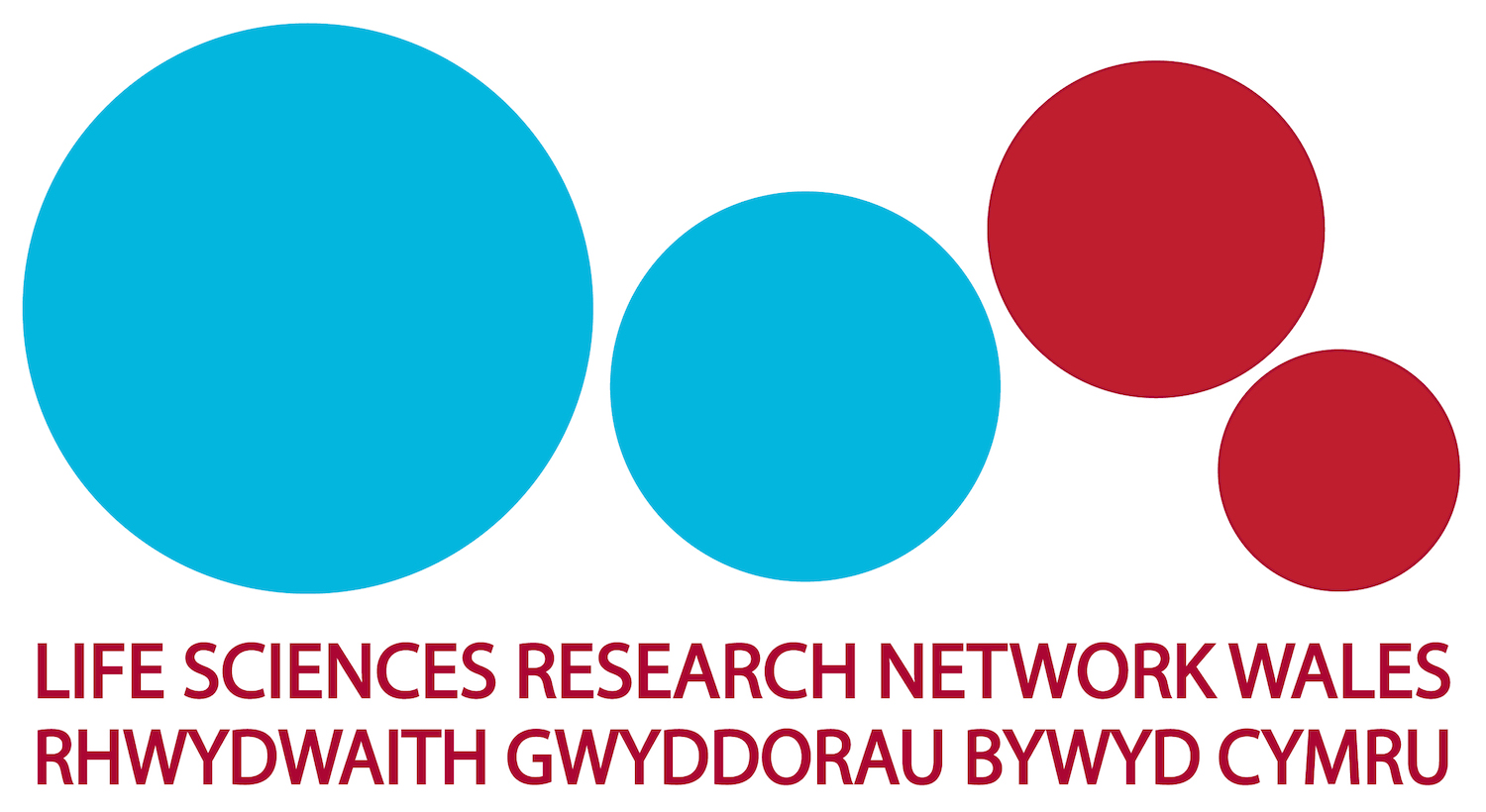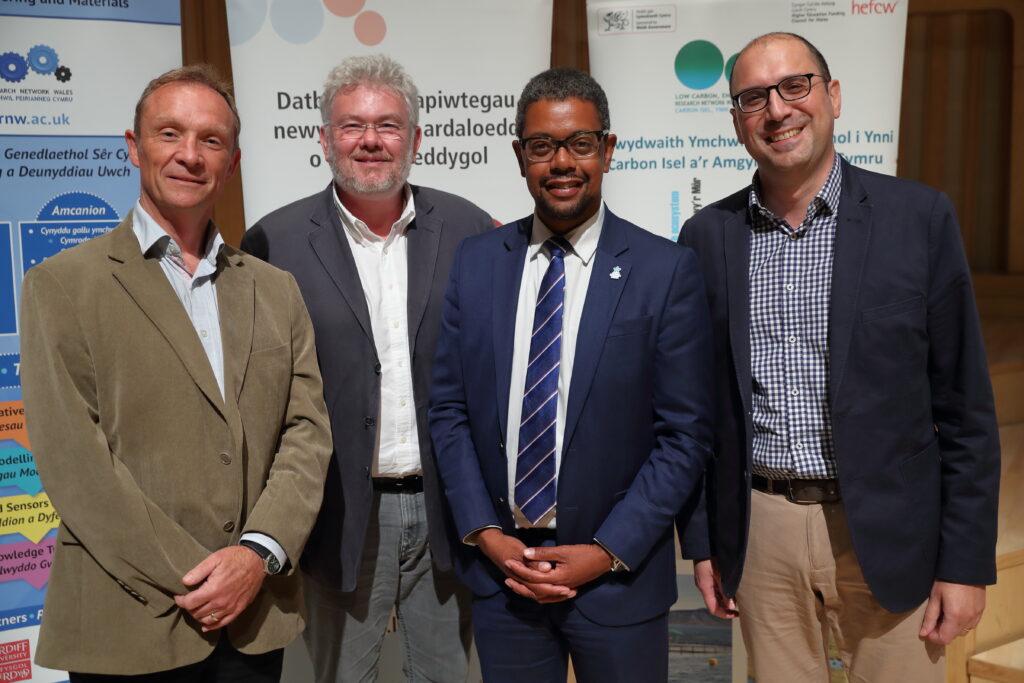Background
With an increasingly aging population and a number of major drugs coming off patent there is a pressing need to develop new drugs and therapeutic agents that address unmet medical needs. The Life Sciences Research Network was established to bring together researchers from across Wales and provide a platform for engaging with companies and research organisations from across the World to develop better science to support new drug discovery.
The Need
Innovations in health sciences have resulted in dramatic changes in our ability to manage human disease and improve the quality of life. Unquestionably, a major element of this is pharmaceutical development.
• Since 1980 the life expectancy of cancer patients has risen by 3 years; 83% of these gains are a result of new treatments
• For prostate cancer, the 5 year survival has risen by 42% between 1976 and 2000
• Since the approval of highly active anti-retroviral treatments (HAART) in 1995 the annual number of AIDS deaths in USA has fallen by more than 70% (US Dept. of Health and Human Services, US Centers for Disease Control and Prevention, 2006, US Chartbook on trends in the health of Americans, Hyattsville, MD, Nov 2006).
However, despite increasing spend (2010, ca $85Bn on R&D) by the pharmaceutical industry, new drug approvals show a steady downward trend as compared to 15 years ago.
The inverse of this, the cost per new drug, shows a steady increase; the Association of the British Pharmaceutical Industry now estimate a cost per new drug (a New Chemical Entity) of £1.15Bn and an average time from target identification to approval of 12-14 years.
The aim of the Network is to bring together academic researchers from across Wales to form a critical mass of research excellence which can more effectively compete for research funding and engage with external organisations. Rather than focus on a particular therapeutic area, the Network will support research excellence in a broad range of scientific disciplines which meet the Network’s investment criteria.
Ser Cymru
Welsh Government has committed up to £50 million to enhance and build upon the research capability in Wales, to attract world-leading scientists and their teams to Wales and to support the establishment of a collaborative National Research Network in each of the three “Grand Challenge” research areas identified in the “Science for Wales” strategy:
Life Sciences and Health; led by Cardiff University
Low Carbon, Energy and Environment; led by Bangor University
Advanced Engineering and Materials; led by Swansea University
Network Directors pictured here with Vaughan Gething, Cabinet Secretary for Health, Well-being and Sport.



